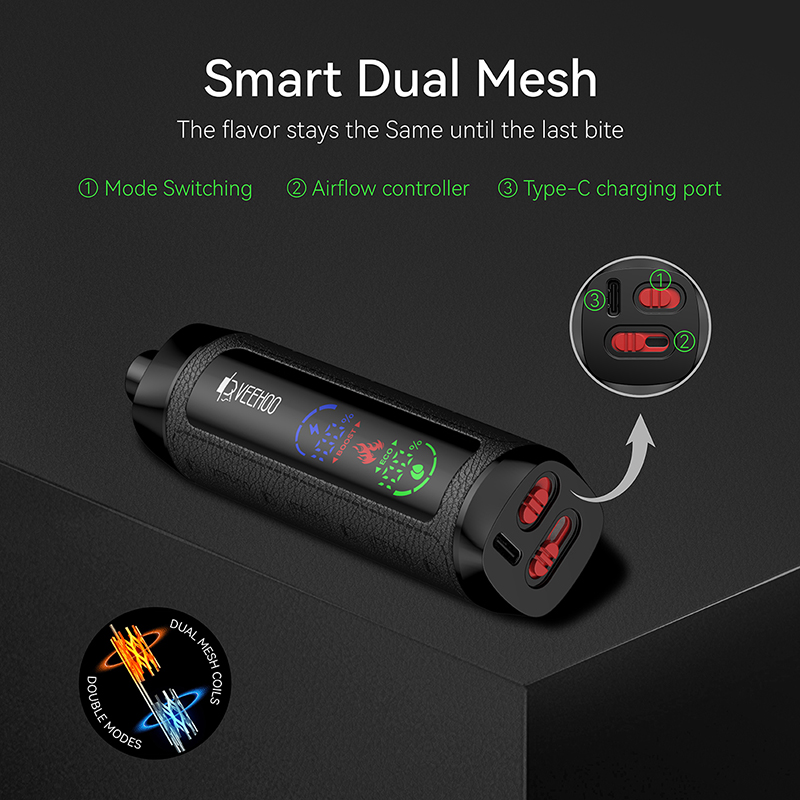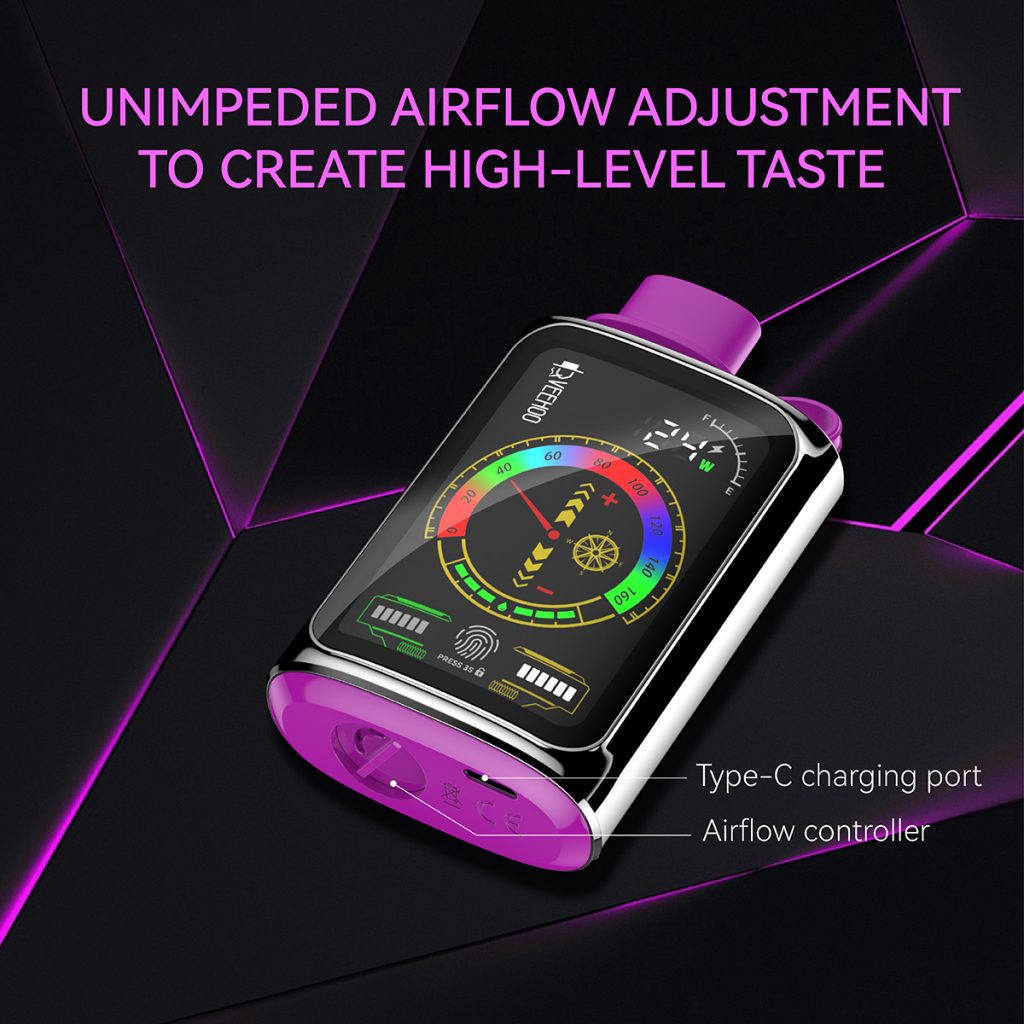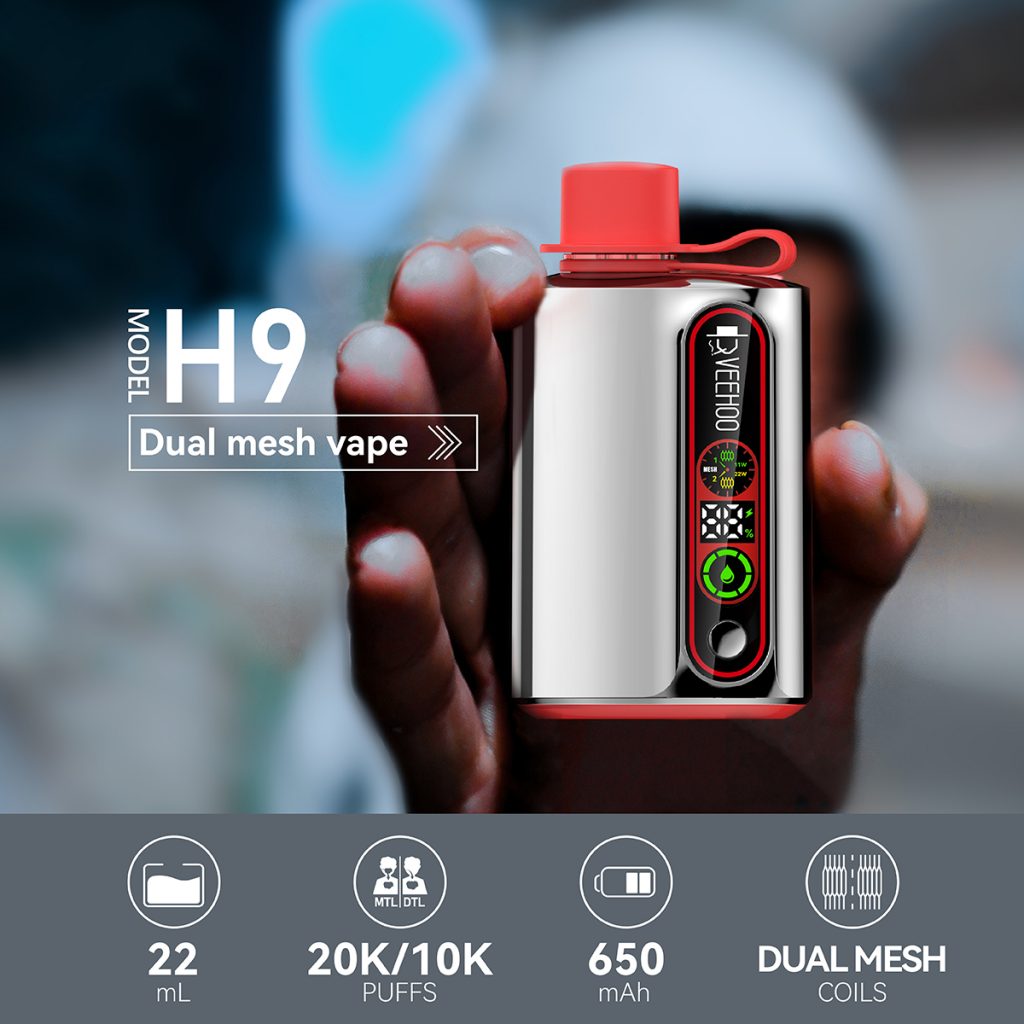In early July, local time in Guatemala, a striking news opened the prelude to a new era of nicotine consumption – Philip Morris International, referred to as PMI, officially launched its ZYN nicotine pouches in the Guatemalan market, becoming the first country in Central America to be listed. This event not only attracted widespread attention locally, but also had a profound impact on the global tobacco alternative field.
First of all, the launch of ZYN nicotine pouches in Guatemala is a key step for PMI to actively deploy in the Central American market. By launching this product through its local subsidiary Tabacalera Centroamericana (TACASA), PMI is clearly accelerating the global strategy of “smoke-free future”. According to the release, the official said that ZYN nicotine pouches are a “smoke-free, non-burning” alternative for adult smokers, especially for those who might have continued to smoke traditional cigarettes.
The most notable feature of ZYN products is that they truly achieve smoke-free smoking. It puts nicotine, food-grade additives and plant fibers into a small bag, which the user places between the upper lip and gums and discards after keeping it for about thirty minutes. This method not only avoids burning, but also eliminates the problem of secondhand smoke, and does not produce smoke and odor. It is reported that it can reduce the emission of harmful chemicals by about 99%, and the risk is significantly reduced compared with traditional cigarettes. At the same time, ZYN products meet the authorization and standards of the US FDA and are the world’s first nicotine bag brand to be authorized in this way.

Guatemala became the first country in Central America to introduce this new product, symbolizing a major shift in the region’s tobacco consumption patterns. PMI executives pointed out that for smokers who have not been able to quit smoking completely, providing smoke-free options is more pragmatic than doing nothing at all. The production and marketing process of ZYN products follows its strict “responsible business guidelines” and is clearly aimed at adult smokers, not teenagers or non-smoking groups. Officials also emphasized that it will be sold through retail channels such as Super 24, Shell gas stations, PedidosYa and IQOS stores to further improve local market coverage.
Some analysts pointed out that there has been a trend of nicotine pouch consumption in Latin America, especially in the Dominican Republic and Mexico. In addition, some countries such as Brazil and Argentina have strict regulations on such products, resulting in uneven market development. In contrast, Guatemala’s open market and lack of specific legislation make it a pioneer in testing the waters. If the product is well promoted locally, it will provide a strong template and experience for PMI to promote a “smoke-free future”.
Listing news revealed that ZYN products currently offer three flavors: Black Cherry, CoolMint, and Spearmint, with two nicotine concentrations of 3mg and 6mg respectively, to meet the needs of different users. According to Ayleen Rodríguez, regional director of PMI, this marks “the first smoke-free nicotine pouch product launched in Central America” and is a key measure to achieve the vision of a “smoke-free future”.
From an industry perspective, ZYN is backed by SwedishMatch, a brand with a deep presence in the field of nicotine replacement. PMI acquired SwedishMatch in 2022, further demonstrating its ambition in the smoke-free product sector.
Remarkable achievements are also accompanied by controversy. ZYN was criticized in the UK for its marketing methods. For example, it used the slogan “Can’t smoke? Can’t vape? ZYN” which triggered regulatory review and concerns that it might attract teenagers. During the listing process in Guatemala, PMI particularly emphasized “responsible marketing” and “not targeting minors or non-smokers”, and called for strict law enforcement to avoid youth exposure.
Looking back at the background of the Latin American market, traditional tobacco consumption is quite common, and nicotine substitutes are gradually becoming a global trend. ZYN’s landing in Guatemala means that the Latin American nicotine replacement ecosystem will enter a new stage: from mainly burning products to smokeless oral products, and combined with various forms such as e-cigarettes, to provide more choices for adult smokers, and to emphasize harm reduction and healthy thinking.

Next, let’s turn our attention to another PMI product line – the VEEV brand in the e-cigarette sector, and the well-known domestic VEEHOO (Weihu) e-cigarette brand, and see where their positive points are.
VEEV is one of the e-cigarette brands launched by PMI. Together with ZYN and IQOS heat-not-burn products, it constitutes its “three-pronged” smoke-free product layout strategy. Officials pointed out that PMI does not believe that any single product can meet the needs of all smokers, so it promotes oral bags, heat-not-burn devices and e-cigarettes in parallel. VEEV e-cigarettes have diverse flavors and a good smoking experience, winning the favor of users in some markets. At the same time, e-cigarettes also have certain advantages over burning tobacco in terms of harm reduction effects. PMI actively develops and improves formulas and promotes regulatory compliance.
When it comes to e-cigarette products, another actively growing brand cannot be ignored – VEEHOO (Weihu) launched by Shenzhen Ruiliang Technology. From the official website, it can be seen that VEEHOO is derived from the British design concept, combines Chinese and Western cultures, adopts an original design style, takes the “fashion + gentleman” route among young groups, and emphasizes the integration of social and technology. Its product line covers many countries and regions, and its goal is to create the brand charm of international smart manufacturing, so that overseas consumers can feel the creativity and quality of Chinese brands.
VEEHOO’s advantages are not limited to positioning and design. In terms of user experience, they focus on fashionable appearance, easy operation, and suitable for use in social occasions. Although there is no detailed evaluation yet, from its brand concept, it is more in line with the definition of e-cigarettes by young groups-not just a tool for smoking, but also reflects identity and life attitude.

Combined with the event of ZYN landing in Guatemala, the entire smoke-free alternative ecology has become more abundant. ZYN smoke-free nicotine bag strengthens the concept of oral replacement in non-combustion form; VEEV continues to innovate in heating without burning and e-cigarette sectors; and VEEHOO is characterized by original design and international style to supplement the market demand for personalized e-cigarette products. The three have their own responsibilities, but together they constitute a diversified product portfolio for PMI and the industry.
In short, this essay-style news introduces the background, significance, technology and market prospects of ZYN’s landing in Guatemala, and incorporates relevant content of VEEV and VEEHOO e-cigarette brands, showing the diversified trend of nicotine and smoke-free alternative product ecology in the new era. From this, we can feel that global tobacco giants are accelerating the blueprint for a smoke-free future, and consumers have more choices and healthier consumption paths. Whether these alternatives can help smokers transform and truly reduce tobacco harm in the future remains to be tested by time and regulatory practice. But it is undeniable that through science, compliance and diversified promotion, Central America and other regions will take the lead in entering a new era of smoke-free in the future.
Tags: ceramic atomization core, electronic hookah, flavored electronic cigarettes, veehoo vape